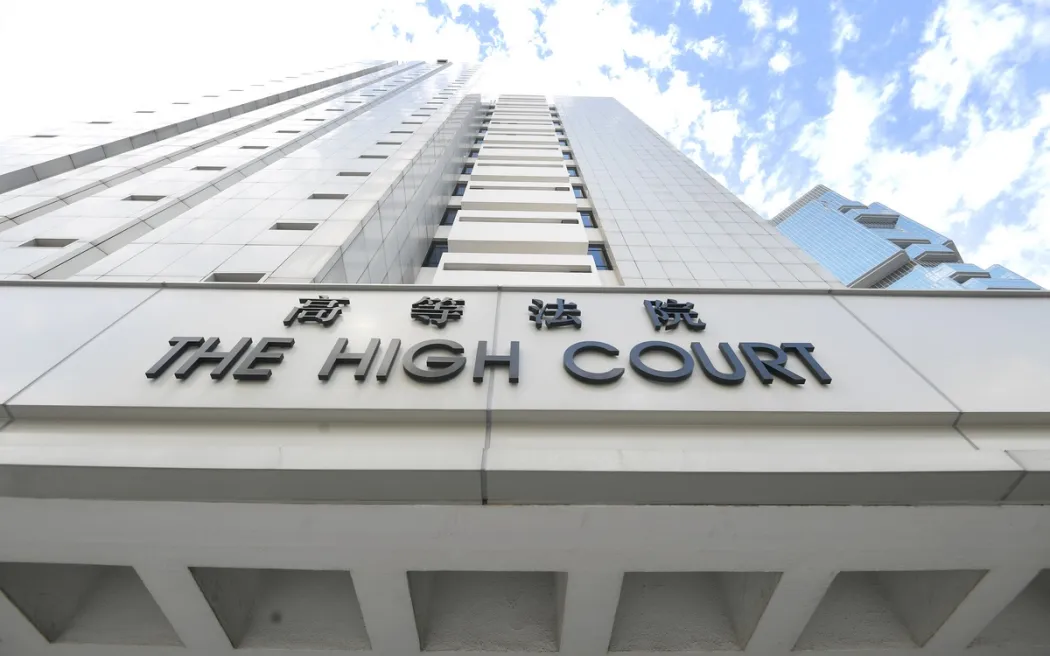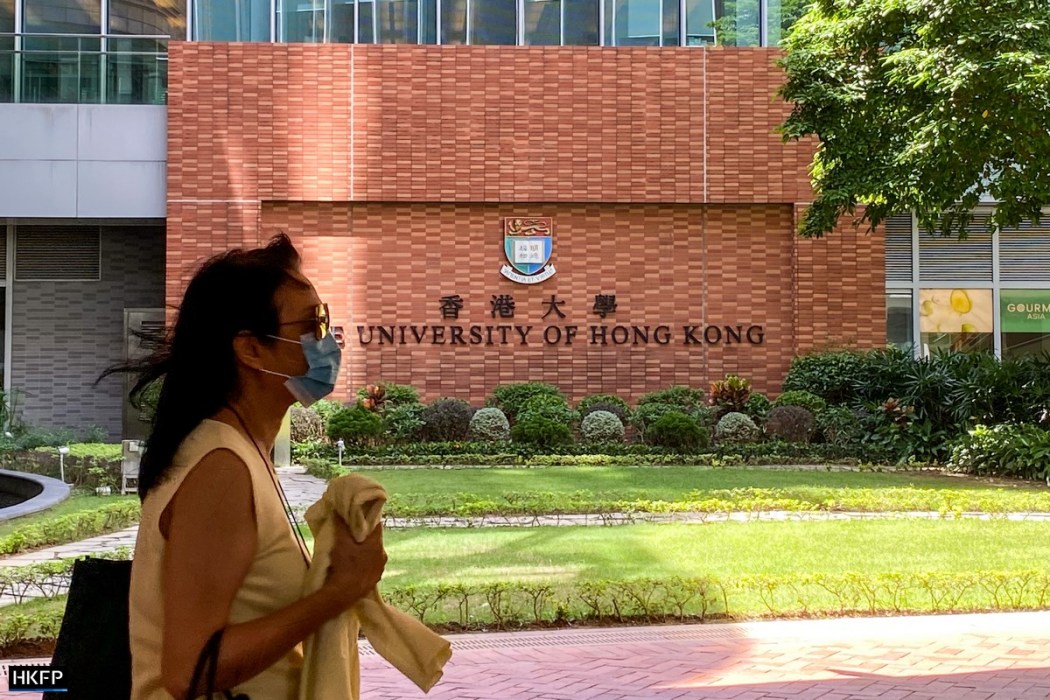A Hong Kong court has granted bail to three student leaders accused of a terrorism offence under the national security law over expressions of sympathy for a man who stabbed a police officer.
The High Court on Friday granted bail to University of Hong Kong (HKU) students Charles Kwok, Chris Todorovski and Kinson Cheung, who stand accused of “advocating terrorism” in connection with a contentious student council meeting in July that expressed sympathy for the attacker, who later committed suicide.

Their co-defendant Anthony Yung was released on bail last month.
According to local media, designated national security judge Esther Toh ordered a cash bail of HK$50,000 for the three, with another HK$50,000 surety from their families. Kwok, Todorovski and Cheung had been refused bail by a lower court, and must abide by a list of conditions imposed by the High Court.
They must not leave Hong Kong and have to observe a curfew and report to police every week. The three are also barred from taking part in any student organisation or giving media interviews.

Toh said she would hand down a written judgement later. It was the first time all defendants in a national security case had been allowed bail.
The national security law sets a “stringent threshold” in extending bail to national security suspects, under which the judge should only grant bail if there are sufficient grounds for believing the accused would not continue to commit acts endangering national security.
The four defendants were among dozens of student leaders who attended a student union council meeting on July 7, when they passed a resolution to “express deep sadness” at the death of Leung Kin-fai. The 50-year-old man had knifed himself to death after stabbing and injuring a policeman on July 1, on the city’s 24th handover anniversary.

The motion drew severe criticism from the government and the university administration, who condemned the students as “whitewashing violence” of a “lone-wolf terrorist.” The student body apologised and retracted the motion two days later, while the student union’s executive committee member and student councillors stepped down.
Earlier this month, the university lifted an entry ban on 18 students who had attended the meeting, but confirmed some were still barred from its Pok Fu Lam campus.
Support HKFP | Policies & Ethics | Error/typo? | Contact Us | Newsletter | Transparency & Annual Report | Apps
Help safeguard press freedom & keep HKFP free for all readers by supporting our team
























